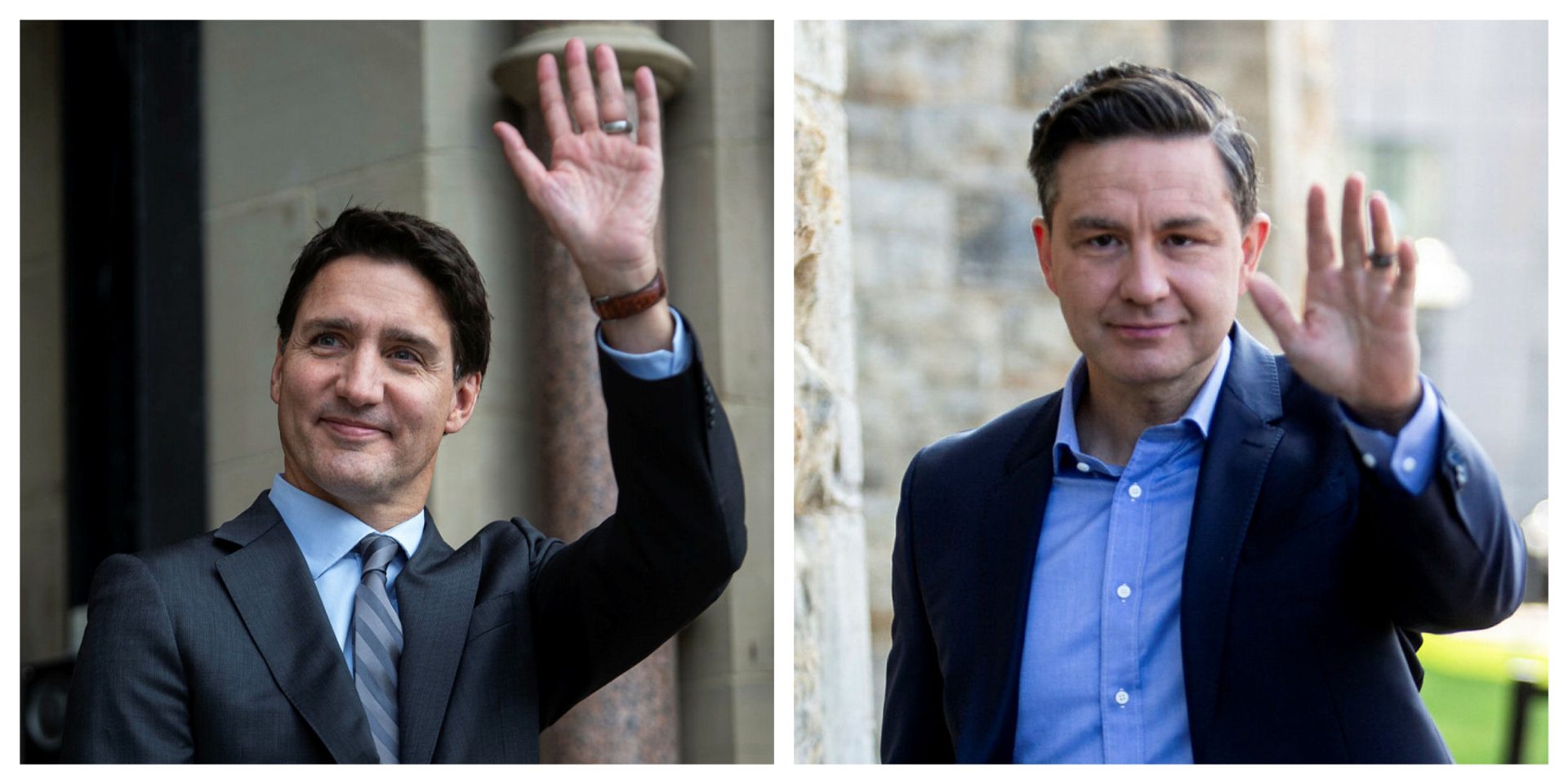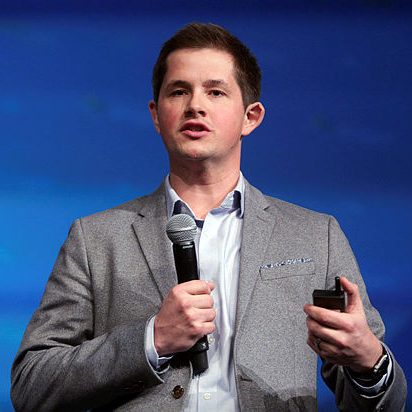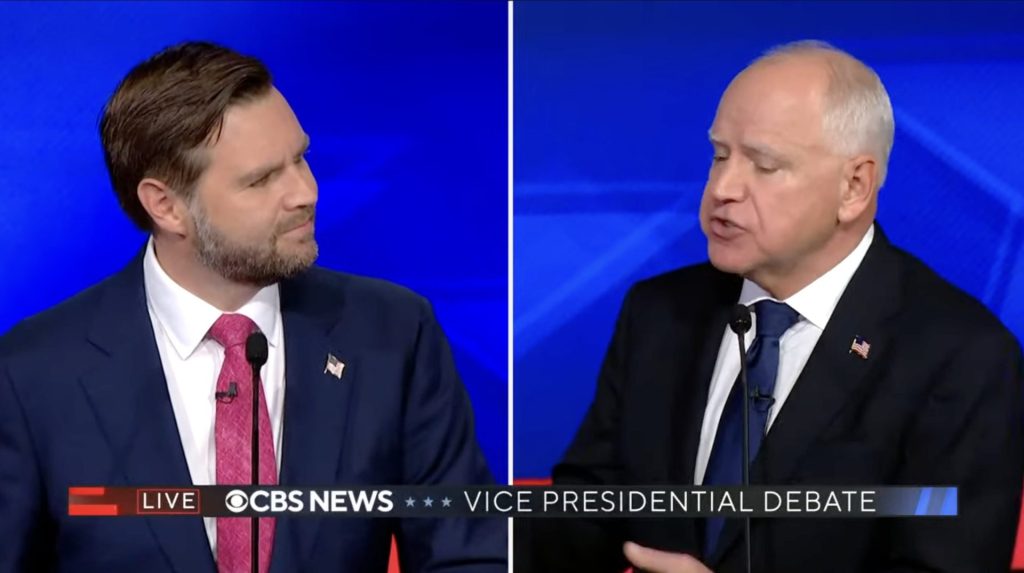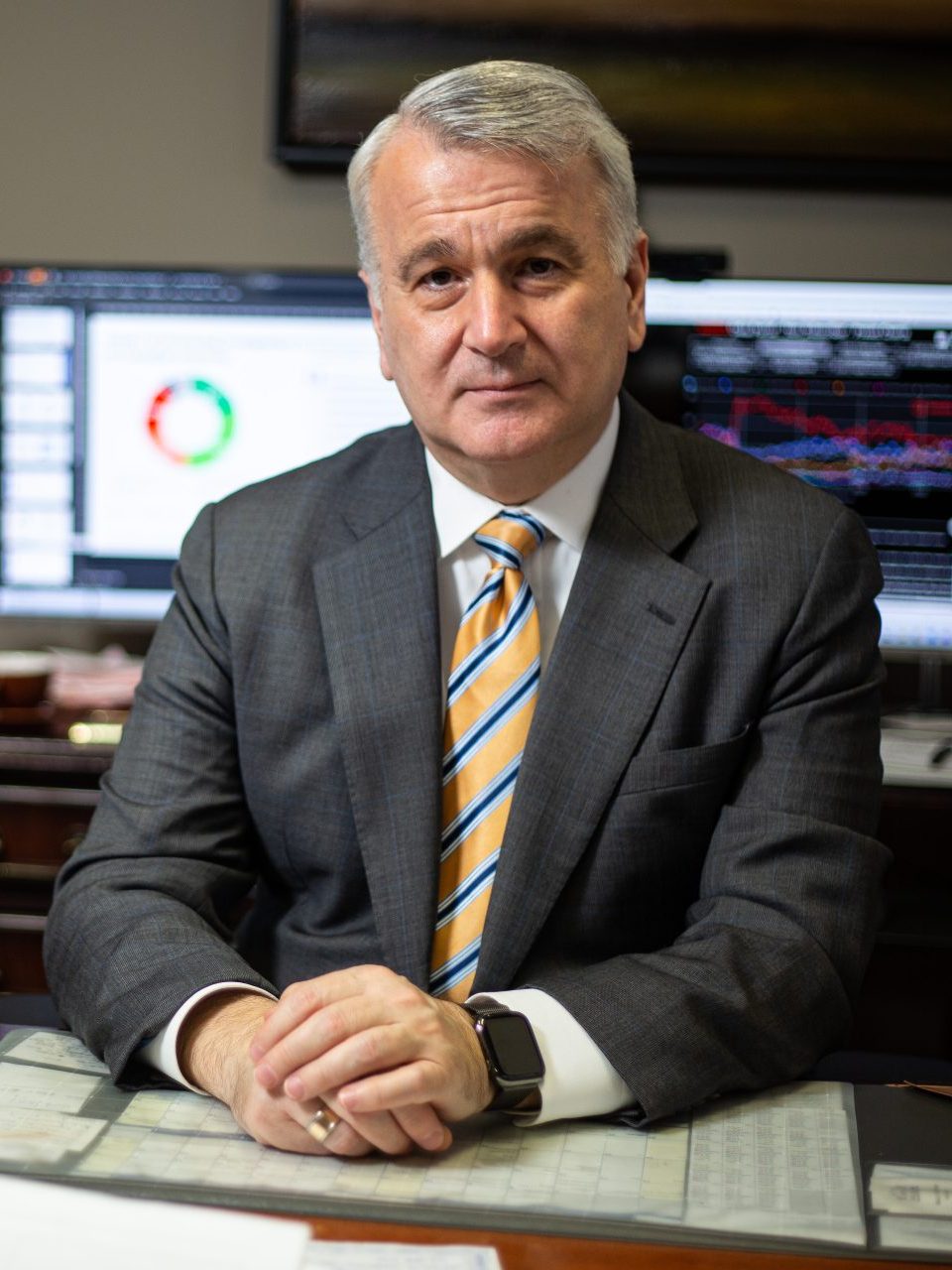Voters don’t want likable, they want change and results, say pollsters

Canadians aren’t looking for perfection in their politicians, pollsters say, and as the next election looms and the electorate’s desire for change increases, what voters find appealing in their next prime minister isn’t always “nice.”
A recent Abacus Data survey released on Oct. 13 suggested 40 per cent of Canadians have a negative view of Conservative Leader Pierre Poilievre (Carleton, Ont.), compared to 39 per cent with a positive view, his lowest net favourability since October 2023, and his highest negative perception since July 2023.
Despite his favourability numbers holding steady—dropping slightly from his peak of 42 per cent last August—Poilievre’s negatives have risen five points since the beginning of September.
While Toronto Star columnist Susan Delacourt suggested Canadians may be “souring” on Poilievre, Abacus Data CEO David Coletto noted in his analysis on Oct. 15 that vote intention had not changed in the last month.
According to Abacus’ latest survey, 43 per cent of Canadians intend to vote Conservative, followed by the Liberals at 22 per cent support, 19 per cent for the NDP, eight per cent for the Bloc Québécois, and four per cent for the Green Party.
In an interview with The Hill Times, Coletto said that while Abacus uses the word “likability,” the more appropriate term may be “appeal,” and what voters find appealing doesn’t necessarily mean likable.
“It doesn’t mean they’re the kinds of people [voters] want to spend a lot of time with, but they’re appealing for the moment and the problem that they think needs to be solved,” Coletto explained.
He said that, like during the 2015 federal election, what appeals to voters is as much about how a candidate contrasts with an incumbent as it is about personal characteristics.

However, unlike the current mood of the electorate, Coletto said voters in 2015 were more optimistic and looking for a “hopeful and progressive” candidate to match, following nearly a decade of then-prime minister Stephen Harper.
“Fast forward to today … Canadians think the kitchen’s on fire, and they’re looking for somebody to put it out,” Coletto said. “It doesn’t matter whether that person is tough or maybe even mean in some people’s minds because they think that’s what you need to be to get the job done.”
Coletto said he isn’t convinced that being perceived as “nice, kind, or even collaborative” is necessarily a requirement for winning an election today.
Yet, while the electorate’s mood has swung drastically in the past nine years, Coletto said the pendulum can and will eventually swing in the other direction.
“I don’t think we should assume that the mood of the country is locked in stone and is not going to want to see some change down the road,” Coletto said, noting similar swings in contrasts during successive United States presidencies from George W. Bush to Barack Obama, to Donald Trump, followed by Joe Biden, and the possibility of another swing back to Trump.
“I think if you have nine, or even just four years of prime minister Poilievre, you will probably see a growing appetite for something different,” Coletto added.
However, Coletto cautioned against the advice of some Liberal supporters calling for Prime Minister Justin Trudeau (Papineau, Que.) to stop being nice and go on the offensive against Poilievre.
Since Trudeau has built his personal brand—and, by extension, that of the Liberal Party—around positivity and hopefulness, going too negative would be seen by many voters as politically inauthentic.
“If what you’re saying and how you say it conflicts with the brand you’ve developed, it’s going to feel wrong,” Coletto said. “So, when Trudeau goes low, for many people, it doesn’t feel quite right.”
As one example, Coletto pointed to U.S. Democratic vice-presidential candidate Tim Walz and his description of his Republican opponent J.D. Vance as “weird,” which the federal Liberals attempted to adopt with comparatively meagre results.

“Walz is a good example because the way he talked about that fit his brand as a football coach who calls it out as he sees it,” Coletto explained. “Being brand-consistent with what people expect from you matters.”
Coletto highlighted that desire for authenticity in his recent analysis of Poilievre’s and Trudeau’s reputations with voters. While Poilievre’s positive perception depends on his “openness and honesty,” Trudeau’s reputation is anchored in a combination of four attributes: “integrity, openness to others’ opinions, follow-through, and accountability.”
Additionally, in a peer-reviewed academic study analyzing how voters in seven different countries evaluate their politicians, Coletto noted that alongside competence and integrity, authenticity plays a “crucial role.”
“That’s why it worked for Walz; it felt authentic for him to talk like that,” Coletto explained. “For Trudeau to go super negative—unless it’s tied to him defending his values—it will continue to feel inauthentic, so he needs to find a way to talk about Poilievre that feels true to who people think he is.”
Darrell Bricker, president of public affairs at Ipsos-Reid, told The Hill Times he doesn’t believe there is a correlation between likability and political success, particularly among Conservative candidates.

“The left are the ones who tend to need the love,” Bricker said. “They need to be inspired by their leaders, while the right wants their leaders to get things back on track.”
Bricker said that like a personal trainer or forensic auditor, Conservatives are “more interested in their skills rather than the vibes they give off.”
“Harper wasn’t particularly well-liked, and he won three elections, including a majority,” Bricker added, noting that the one major exception to that rule was former prime minister Brian Mulroney, who was elected on a “wave of popularity.”
“Conservatives are looking for somebody who will authentically represent change and actually deliver it, which is why they ‘liked’ Harper,” Bricker explained, adding that Poilievre now represents that change for the current Conservative Party.
“Poilievre is defining the Conservative brand now, and that brand is also defining him, but they both represent the same thing now: change,” Bricker added. “Maybe some lack of likability goes along with that, but that’s only a liability on the progressive side of the agenda. On the conservative side, it doesn’t really hurt.”
Nanos Research Group’s chief data scientist Nik Nanos told The Hill Times that, by default, “most Canadians don’t like any politician.”
“Voters are picking people they believe are marginally better than their opponents,” Nanos explained. “We have to be careful when focusing too much on likability. It’s important and interesting, but asking anyone whether they actually like a politician is a bit of a stretch.”

Nanos said that many of Canada’s most successful politicians—like Harper—took office with the expectation that they would be disliked.
“Harper wasn’t interested in being the most popular person because he knew he just had to be marginally better than his opponent,” Nanos said.
In contrast, Nanos said some politicians like former NDP leader Ed Broadbent—arguably the “most likeable” politician in the 1980s—have been unable to convert that popularity into becoming prime minister.
For politicians like Trudeau who can translate that popularity into electoral success, they will inevitably find that popularity fleeting, he said.
While Nanos Research doesn’t poll on “likability” specifically, it does track voter’s choice of “preferred prime minister.”
In the months following the 2015 election, Trudeau consistently polled over 50 per cent, reaching the peak of his popularity at 56 per cent in August 2016.
As of Oct. 11, Trudeau was polling at 20 per cent, 14 points behind Poilievre at 34 per cent.
When Nanos polls on the qualities of Canadians’ preferred leaders, instead of likability, he said the most striking data point is credibility.
“When we ask people to score the credibility of Trudeau and Poilievre, the credibility of both is rated quite low,” Nanos said, explaining that both men rank between three and four out of 10.
“They both have low credibility scores, but one leader has a 14-point advantage,” Nanos said.
However, while their credibility scores are low, voters aren’t looking for a perfect 10, he noted.
“If politicians were compared to perfection, no one would ever get elected,” Nanos said. “The reality is that they’re compared to their opponents. That doesn’t mean they’re credible or likable; they just have to be a little more credible and likable than their opponent.”
The Hill Times






 LICENSING
LICENSING PODCAST
PODCAST ALERTS
ALERTS













